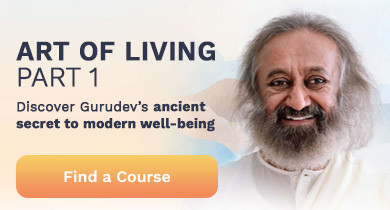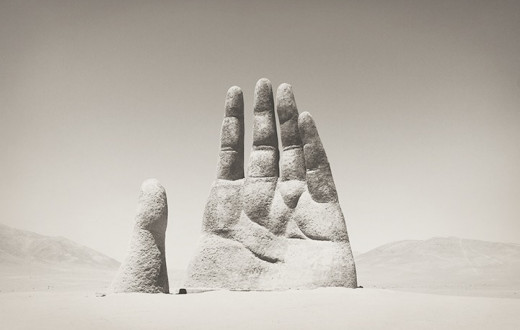Patanjali Yoga Sutras - Knowledge Sheet 14
Contd. from knowledge sheet 13
"Vitarka vicharanandasmitaroopanugamatsampragnataha"
“In the state of conscious awareness or sampragnata samadhi, special logic is accompanied by the appearances of, or experience of meditation in which all experiences and thoughts exist, accompanied by bliss and the experience of just ‘I am’.”
- Patanjali Yoga Sutra #17
What is the purpose of this sâdhana?
Tarka means logic.
Kutarka means ill-intended logic, where the intention is not right. Logic is applied here with the sole purpose of finding fault. One knows deep inside that it is not right, but still with wrong logic you prove that it is right. This is called kutarka.
Vitarka, where your mind has a special logic to pursue in the world and to perceive the truth.
Now, this knowledge of yoga sutras that we are discussing is vitarka or special logic. What is happening? Logically, you understand this knowledge. Even reading or talking about this has a certain effect on our consciousness. It elevates your consciousness. This is samâdhi. Sam means equanimous; Dhi is the intellect or this faculty of consciousness that sustains you. Now, we are in a state of samâdhi because we are talking about the Self with a definite logic.
Four types of meditative states or samâdhi
Logic can always change. But vitarka is logic that cannot be condemned, that cannot be reversed. For example, if somebody (you are not emotionally connected to) is dead and you are standing there, it is obvious that they are dead and you know that the life that was there is not there anymore. This is final. At that moment your consciousness is in a different state. Like, when a movie is over, there is a feeling ‘It is all over’. When people walk out of a movie theatre, they walk out in a particular state of consciousness. At that moment there is a definite logic in their minds, which is irrefutable and irreversible. That triggers in your consciousness and makes it so obvious 'Life is like this'. Everything is changing and is bound to change, bound to dissolve and disappear. This is obvious. This vitarka elevates one's consciousness.
To experience this, one does not have to sit with their eyes closed. Even with eyes open the feeling of ‘I’ (that consciousness is all that is) can be experienced.
Everything is empty. Everything is in a state of fluidity. The whole world is just a quantum mechanical field. The entire science is based on tarka or logic. An irrefutable tarka (of it) is quantum physics. That is vitarka. Vitarkânugama samâdhi is when you are in a meditative state with irrefutable logical understanding of creation.
There are two states of mind:
1. Thoughts which disturb you.
2. Thoughts that do not disturb you, but simply hover around in your consciousness and you are aware of that. You are in samâdhi; you are in an equanimous state. At the same time there are thoughts hovering. It is part of meditation. Smells, sights, visions, tastes and sounds which come as an experience when you meditate is called vichârânugama samâdhi. This is the second type of samâdhi or awareness. A meditative state in which you are with some experiences, thoughts, ideas, fleeting feelings hovering around.
The third type is anandânugama, the blissful state. Have you noticed that after you do Sudarshan Kriya or any breathing exercise you are in a different space? When you sing bhajans you are in a different space of samâdhi. The mind is still elevated, the consciousness is still elevated. But it is in ecstasy. Samadhi in ecstasy is anandânugama samâdhi. This is also a meditative state in which you are in ecstasy.
The fourth meditative state is asmitânugama samadhi. This is really the deep experience of meditation where in you do not know anything. Just the awareness ‘you are’. Just you know you are, but you do not know who you are, where you are. Nothing else is known. Just ‘I am present’. Just this experience is the fourth state of samâdhi or meditative experience.
Next week: How to achieve these meditative states?
<< Live in the Moment How to Achieve the States of Samadhi >>
(This is part of a series of knowledge sheets based on Gurudev Sri Sri Ravi Shankar's commentaries on Patanjali Yoga Sutras.)





























